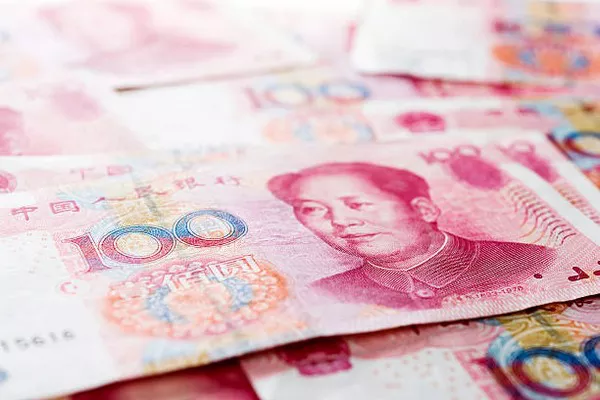China, a global economic powerhouse, has witnessed unprecedented growth and transformation in recent decades. As one delves into the nuances of daily life and financial matters, a common question arises: Is 1000 yuan a significant sum of money in China? To comprehend the real value of this currency in the Chinese context, one must explore the economic dynamics, living costs, and cultural factors that influence the perception of wealth and affordability.
Economic Context:
China’s economic landscape has evolved significantly, transitioning from an agrarian society to a manufacturing and technology-driven powerhouse. As a result, the cost of living in major cities has risen considerably, while income disparities persist between urban and rural areas.
The average monthly salary in China varies across regions, industries, and job roles. In first-tier cities like Beijing, Shanghai, and Shenzhen, where living expenses are higher, professionals may earn substantially more than their counterparts in smaller cities or rural areas. Considering this, 1000 yuan may hold different significance for individuals depending on their geographic location and occupation.
Living Costs:
Urbanization and economic development have led to increased living costs in major Chinese cities. Expenses such as housing, transportation, education, and healthcare contribute to a higher cost of living compared to smaller towns and rural areas.
For instance, renting a one-bedroom apartment in the city center can cost several thousand yuan per month, leaving little room for discretionary spending. Transportation expenses, including public transit or car ownership, also add to the financial burden. As a result, 1000 yuan might cover only a fraction of these costs for city dwellers, making it a relatively modest sum.
Cultural Perspectives on Wealth:
China’s cultural context plays a crucial role in shaping perspectives on wealth and financial matters. Historically, saving face and maintaining harmony have been valued, influencing spending habits and financial decisions. In contemporary society, conspicuous consumption is on the rise, with a growing middle class aspiring to achieve a higher standard of living.
The concept of “face” or “mianzi” is deeply embedded in Chinese culture, emphasizing social standing and reputation. Consequently, individuals may allocate funds to maintain appearances or engage in social activities that enhance their social status. In this context, 1000 yuan may be perceived as a limited amount, restricting one’s ability to participate in certain social and cultural practices.
Investment Opportunities:
China’s dynamic economic landscape also presents diverse investment opportunities. Individuals with financial acumen may view 1000 yuan as a starting point for investment, whether in stocks, real estate, or entrepreneurial ventures. The country’s thriving technology sector and burgeoning startup culture provide avenues for individuals to grow their wealth over time.
See Also Are RMB and CNY the Same Currency?
Savings Culture:
China has a strong savings culture, with many individuals prioritizing financial security and planning for the future. The ability to save and accumulate wealth is often considered a marker of success. In this context, 1000 yuan might be seen as a valuable addition to one’s savings, contributing to long-term financial stability.
Conclusion:
In conclusion, the value of 1000 yuan in China is intricately tied to economic factors, living costs, cultural perspectives on wealth, investment opportunities, and the prevalent savings culture. While it may be a substantial amount for some, providing a foundation for savings or investment, it may fall short of meeting the demands of a higher cost of living in major cities. Understanding the multifaceted aspects of China’s economic landscape is essential for gaining insights into the significance of 1000 yuan in different contexts across the country.


